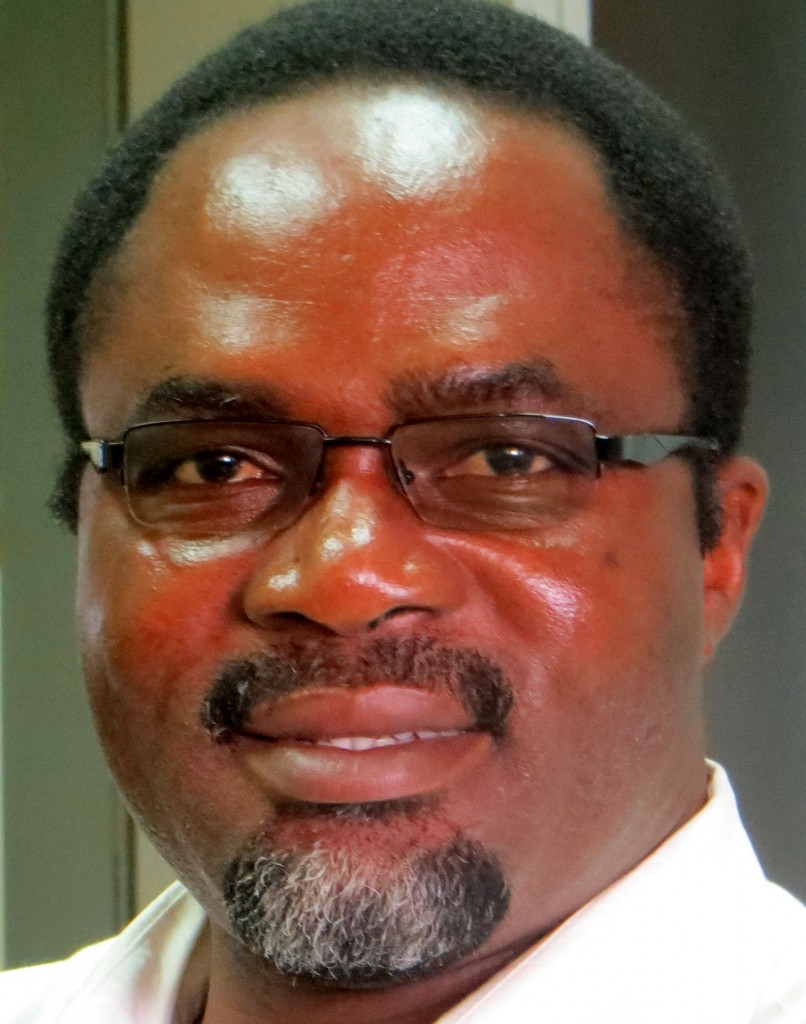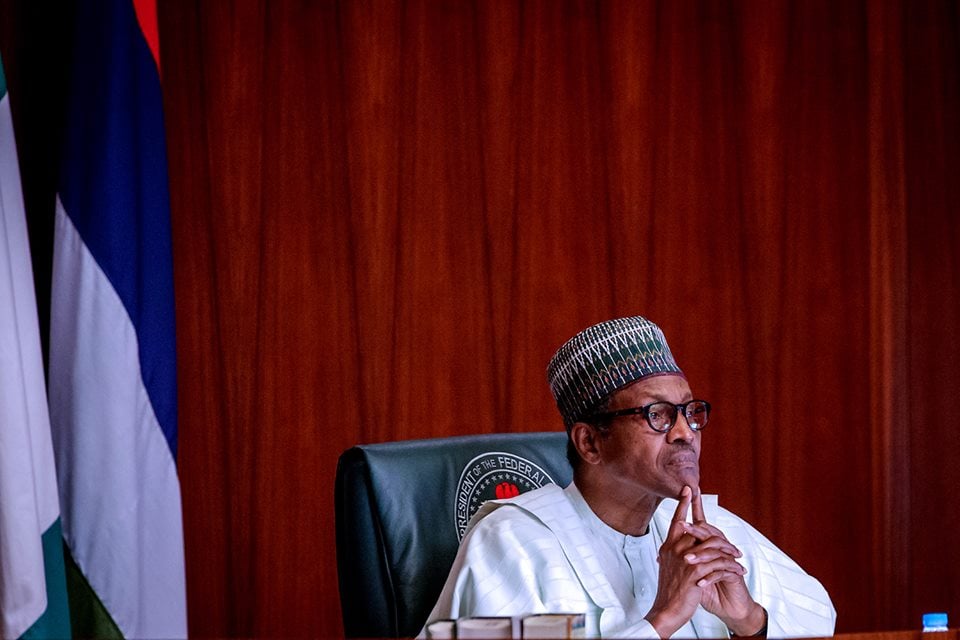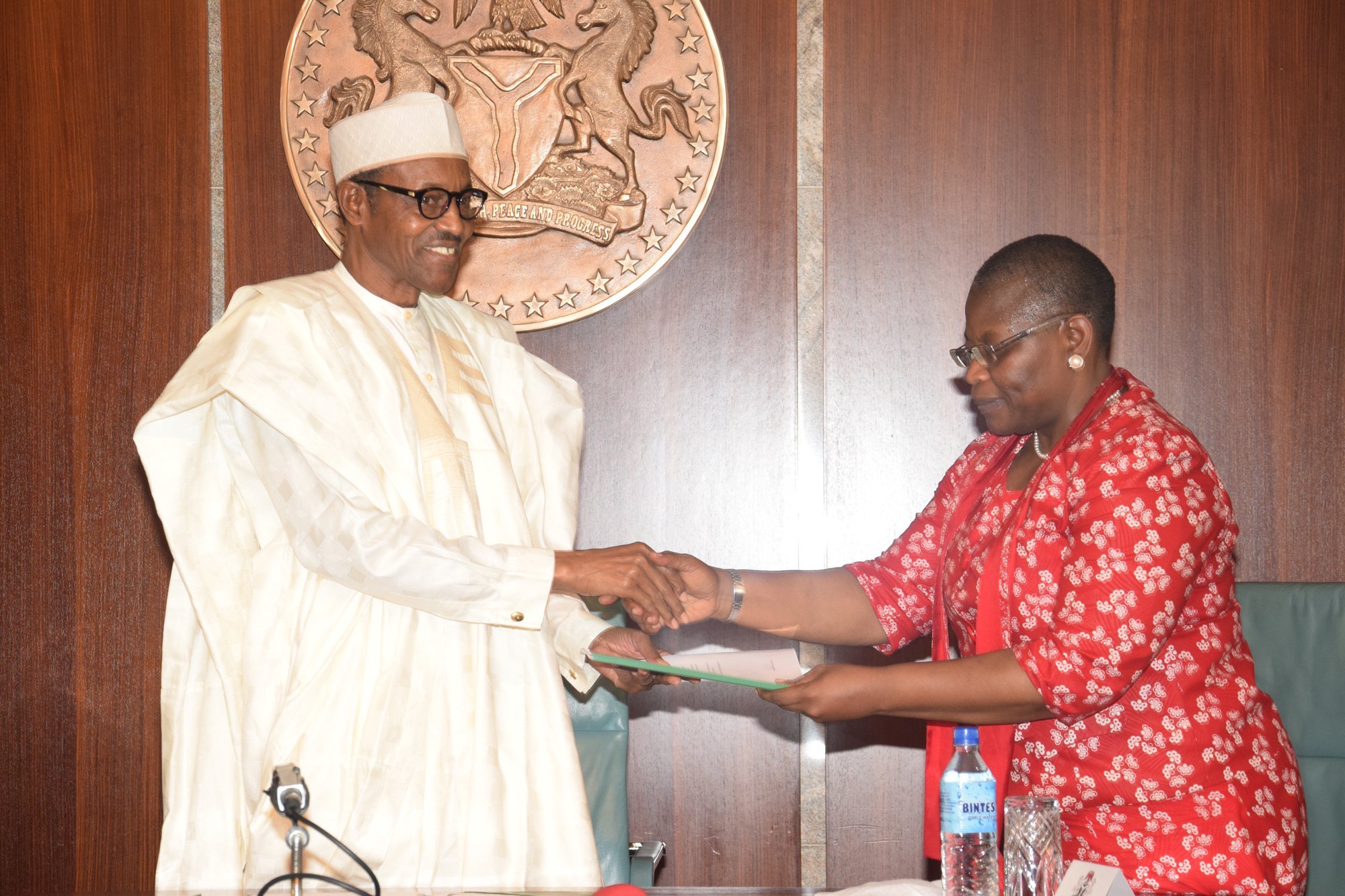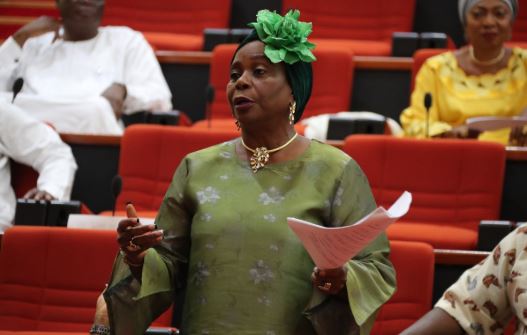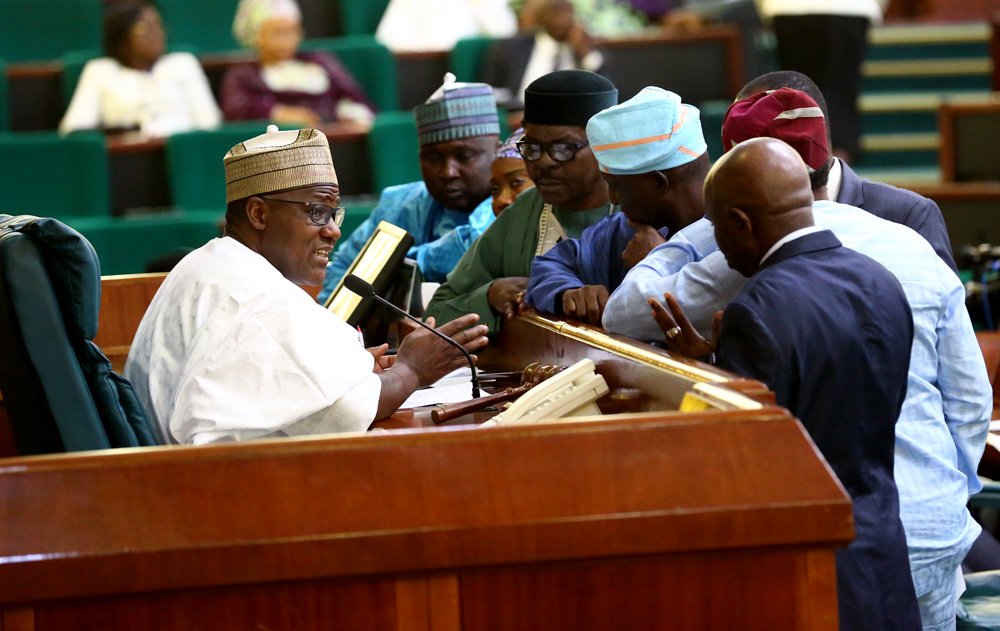“I have seen enough to know that those angling to take over from you may not be any better.” – Simon Kolawole, “Shall We Tell the President?”
As we approach the 2019 elections, it is important to examine the motives of our politicians and how or if they square with the interests of the average Nigerian.
But seeing how most of them who vehemently promoted President Buhari four years ago are now massed in an equally vehement opposition against him, you would wonder if it is as a result of the President’s performance or for other reasons.
I believe they are propelled by what I would call the gripe of the malcontent. These are former leaders and powerful politicians who wish to decide the nation’s destiny to the end of their days and control whoever is in the saddle as a stooge.
Advertisement
Besides, some of them would not mind keeping the nation in a perpetual state of instability, and profiteering from the chaos, to realize their wish to control it in and out of power.
So, they support your candidacy; and if you win and reject such control, they take up arms, some launching epistolary missiles, to bring you down. Has Buhari not shown a strong resistance to such control?
What is more, the Senate President leaves the ruling party for the opposition and yet insists on retaining his seat. What moral right does he have to criticize the President despite his own anarchic example? Ditto his deputy?
Advertisement
Then, as President and Commander-in-Chief, and with all the security apparatus under his control, Obasanjo could not find the killers of his serving Attorney General and Minister for Justice while under 24-hour police protection.
He probably thinks insecurity is only about things like the Boko Haram insurgency, and so Buhari must stamp it out pronto or leave office, even though it is a far more grievous attack on national security than the murder of his serving minister.
And should Nigerians trust him despite his detour of now promoting Atiku, his former deputy, as a good presidential prospect, after many years of telling them how corrupt he was and unqualified to be president?
And I have an Atiku story: From July 2007 to September 2008, I worked as the Deputy Director of Communications in the American University of Nigeria founded by him. My main duty was to produce the university’s bi-weekly newsletter, supervised by my white boss.
Advertisement
She was the Vice-President of the university while her husband was the President, both first and second in command.
As I always do, I put in my all in my work and produced near-impeccable but imperfect results, a claim for which I stand to be contradicted. I had been hooked on the mantra of the university administrators, including my boss, that they were in the country to better its lot, especially that of its youth, by providing them world-class university education.
But soon after settling into the university, I realised that it was a crass racist institution, fitted with the proverbial glass ceiling and all. White people headed all the departments regardless of merit. Some of them earned ten times more than the “locals”, even without no evidence that they produced better work, or any work, I dare say for some of them.
So racist was the institution that one day a Nigerian professor who just returned from the United States was appointed to head a department, and one of the white staff in the department threatened to resign and return to his country, insisting that he would rather leave than be bossed by a black man – and he left!
Advertisement
Then, one day, my boss invited me to her office and tried to co-opt me into a $15, 000 deal, which she hinted would involve one other staff of our department and one member of another department.
I wondered how that squared with her mantra of having come to Nigeria to improve its lot and provide world-class education for its youth, and told her, point blank, “I did not come here to steal Atiku’s money!”
Advertisement
Then her wizened, wrinkled face blushed crimson. She apparently couldn’t stand my guts. She shooed me out of her office and soon after asked his PA to ask me to see her.
On my return, she ordered me to vacate the one-room official accommodation I occupied with my wife and daughter in three days. I sensed myself and my family in serious danger and had to find a way to rent a house and move in with my family in three days.
Advertisement
Her husband was head of the university, she next in command. To whom would I protest?
Then she launched a desperate plan to humiliate me out of the university by portraying my work as substandard. But unknown to her, I would be vindicated soon. One day, a new white administrator arrived the university and met with members of our department during his familiarisation tour. She chaired the meeting. Having introduced every member of the department to our guest and given her remarks, she invited him to respond. In his response, the man, who obviously knew none of us from Adam, only said that he had read some articles in the university newsletter produced by the department, and thought they were remarkable, and that whoever wrote them deserved to be congratulated. I wrote the articles and also edited the newsletter!
Advertisement
You could hear a down feather drop in the ensuing silence as every member of the department, who knew how she was treating me, exchanged furtive glances while, again, her wizened wrinkled face blushed crimson.
But that only hardened her resolve to persecute me out of the university. So, at the next performance evaluation she gave me a 39% score, meaning that I had to resign or get sacked. But soon afterwards I got a new job in Lagos, which paid three times more than what the university did, and left. A happy ending?
Do I blame the white people? No. If you make your people excrement maggots will feast on them.
Of course, I admire Atiku. Soon after I arrived the university an event was organised in his honour at which I rendered a poem, “He Walked Upon This Land”, dedicated to him, and later published in my third collection, In the Wings of Waiting.
Afterwards he walked up to me, gently took my hand, tilted his head slightly, and said, “You almost made me shed tears.” I saw him as a genuine man of culture. In fact, I do not think he knew that his compatriots had been turned into second- and third-class citizens in his own university. And I wish I could tell if that situation has changed.
That said, if Buhari’s removal cannot guarantee a better replacement as Simon Kolawole said in the above epigraph, is it not wise to retain him and the hope he represents, and patriotically build on that hope in the nation’s interest?
Of course, the sane ones among us will agree that it will require far more than the strength of one president to eradicate such menace as corruption and the Boko Haram insurgency, even if he had the brawns of a Hercules. That it would take the cooperation of the entire nation.
Oke is a poet and the winner of the 2017 Nigeria Prize for Literature.
